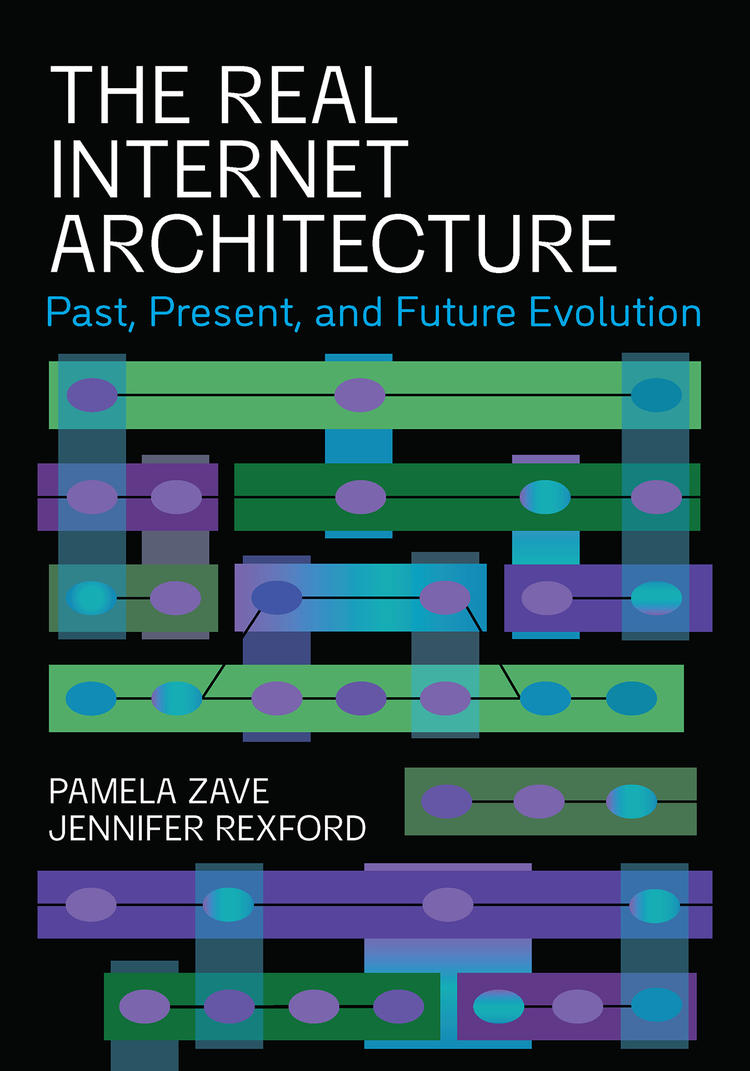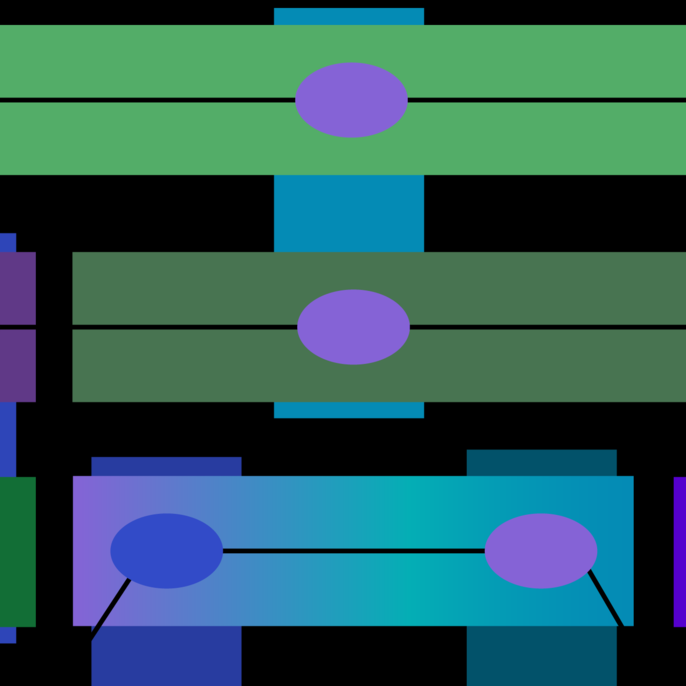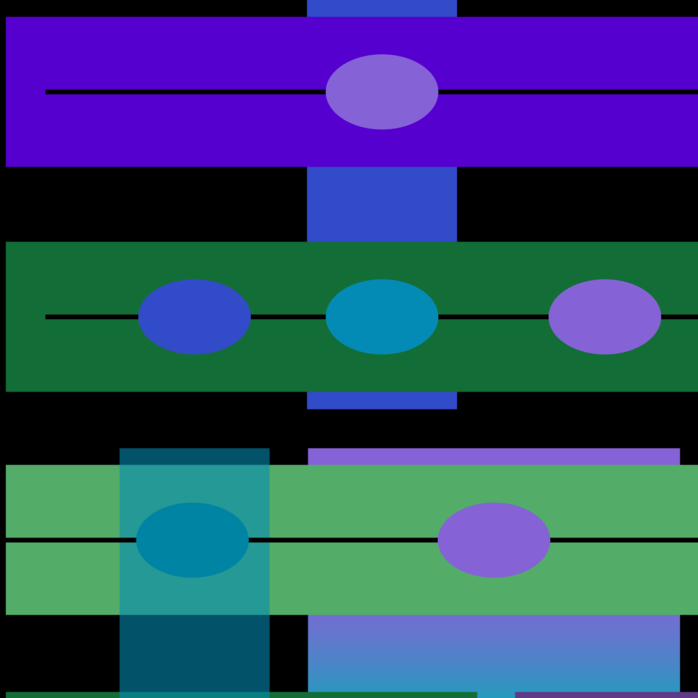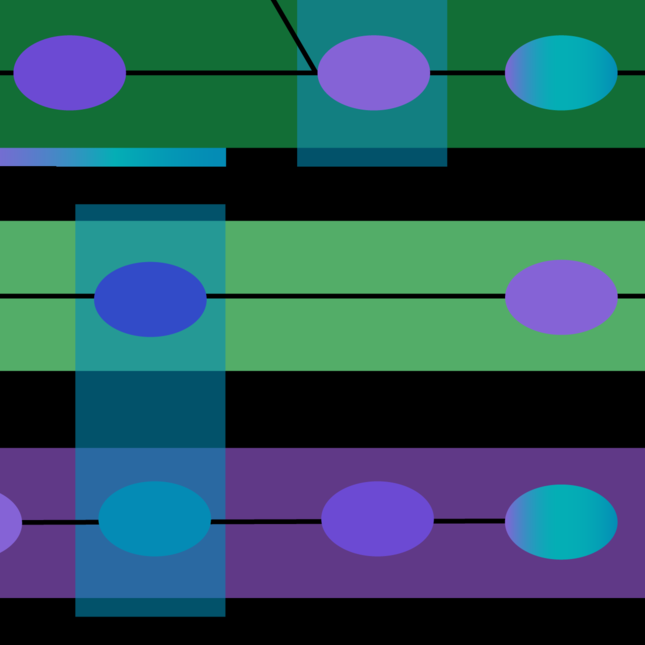Now Available
from Princeton University Press
About the Book

This book meets a long-standing need for an explanation of how the Internet’s architecture has evolved since its creation to perform an ever-broader range of the world’s communication tasks.
The book introduces a new model of network architecture, called Compositional Network Architecture, that exploits a powerful form of modularity to provide lucid, insightful descriptions of complex structures, functions, and behaviors in today’s Internet. Because of the model’s generality, the original Internet architecture, today’s Internet architecture, and many possible future Internets are all instances of it.
For practitioners, the book offers a precise and realistic approach to comparing design alternatives and guiding the ongoing evolution of their applications, technologies, and security practices.
For educators and students, the book provides patterns that recur in many variations, in many places in the Internet ecosystem. Each pattern tells a compelling story with a common problem to be solved and a range of solutions for solving it, which conveys engineering knowledge and and helps to present the ever-growing set of networking topics in a concise and intuitive manner.
For researchers, the existence of a rigorous formal model of network architecture opens new possibilities for network analysis and development, based on modular reasoning, code synthesis, and verification of user-level service properties.
30% Off with Code P327 on orders from Princeton University Press
The Formal Model
Learn more about the formal model and find supporting documents and resources.

Teaching
Watch a video on Internet evolution, tell us what teaching materials you need, or contribute your own.




